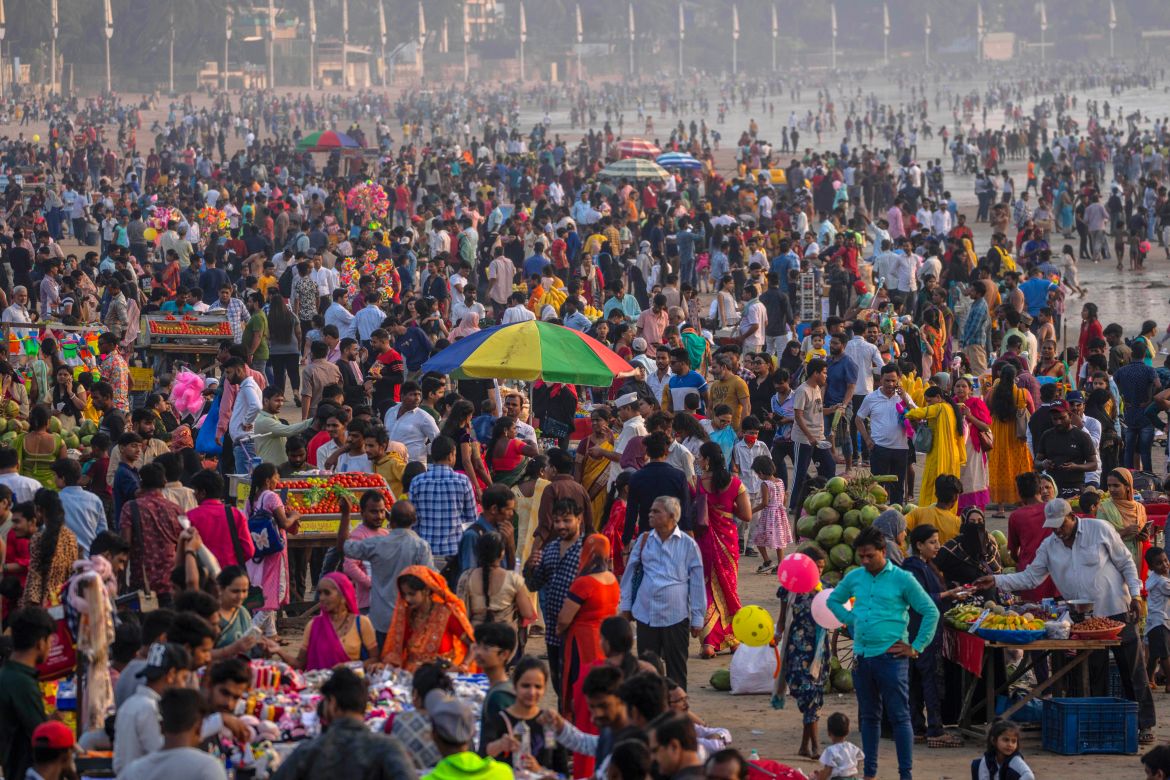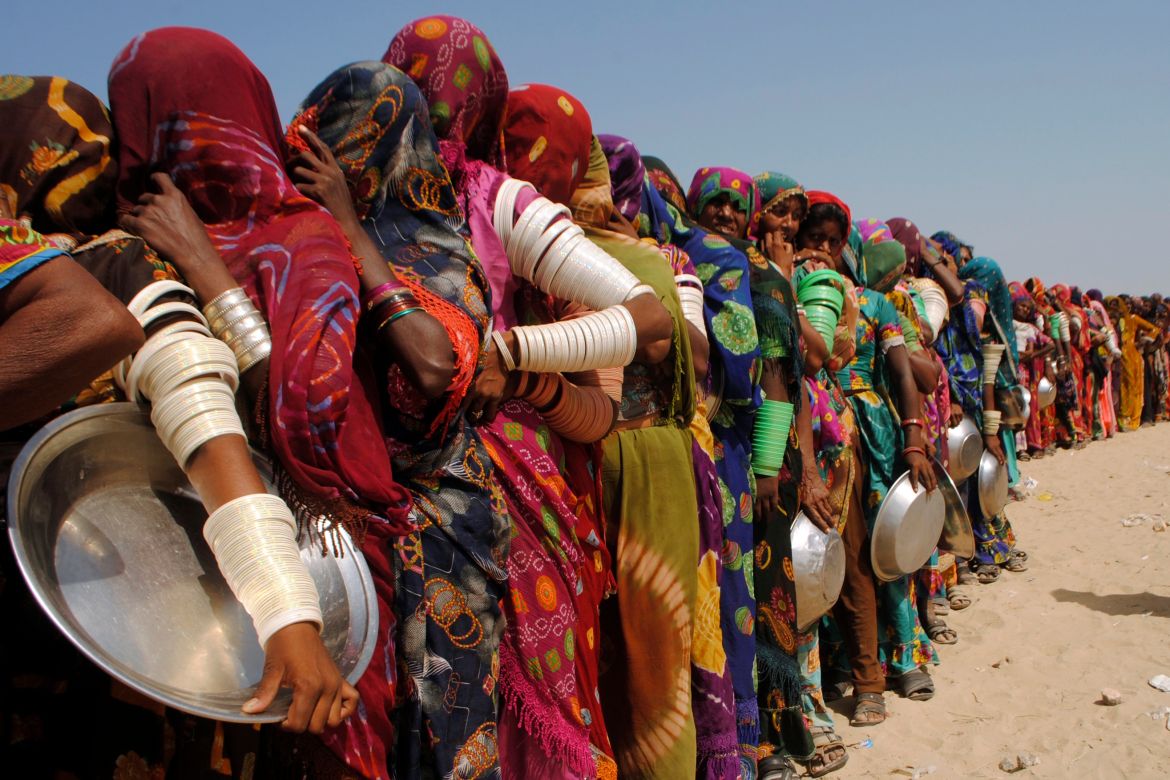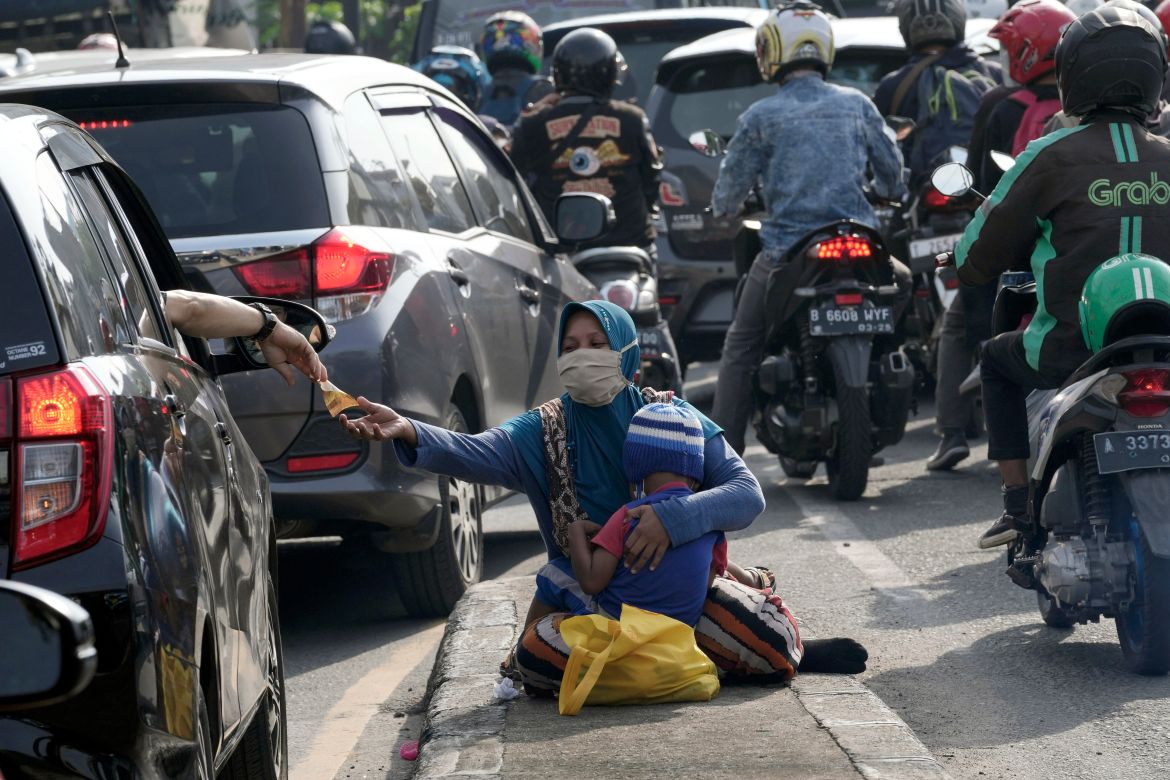In Pictures
Photos: World population hits eight billion
The upward trend threatens to leave even more people in developing countries further behind.

The United Nations says the world’s population is projected to reach the eight billion mark on Tuesday.
The projection came in a UN report released in July, which said much of the growth expected between now and 2050 is coming from just eight countries.
Half of those are in sub-Saharan Africa: Nigeria, the Democratic Republic of the Congo, Ethiopia and Tanzania. The UN said populations in that region are growing at 2.5 percent, more than three times the global average.
Still, experts said the bigger threat to the environment is consumption, which is highest in developed countries not undergoing big population increases. The report also said that India is expected to overtake China next year as the world’s most populous country.
The upward trend threatens to leave even more people in developing countries further behind, as governments struggle to provide enough classrooms and jobs for a rapidly growing number of youths, and food insecurity becomes an even more urgent problem.
It projected that the world’s population will reach approximately 8.5 billion in 2030, 9.7 billion in 2050 and 10.4 billion in 2100. Other countries rounding out the list with the fastest-growing populations are Egypt, Pakistan, the Philippines and India.
Rapid population growth also means more people vying for scarce water resources, and it leaves more families facing hunger as climate change increasingly affects crop production in many parts of the world.
The population growth in sub-Saharan Africa can be attributed to people living longer, but family size remains the driving factor. Women in sub-Saharan Africa on average have 4.6 births, twice the current global average of 2.3.
At the same time, a small portion of the world’s population uses most of the resources and produces most of the greenhouse-gas emissions, said Poonam Muttreja, executive director of the Population Foundation of India.
“Over the past 25 years, the richest 10 percent of the global population has been responsible for more than half of all carbon emissions,” Muttreja said.
Charles Kenny, a senior fellow at the Center for Global Development in Washington, said environmental concerns surrounding the eight billion mark should focus on consumption, particularly in developed countries.
“Population is not the problem, the way we consume is the problem – let’s change our consumption patterns,” he said.








